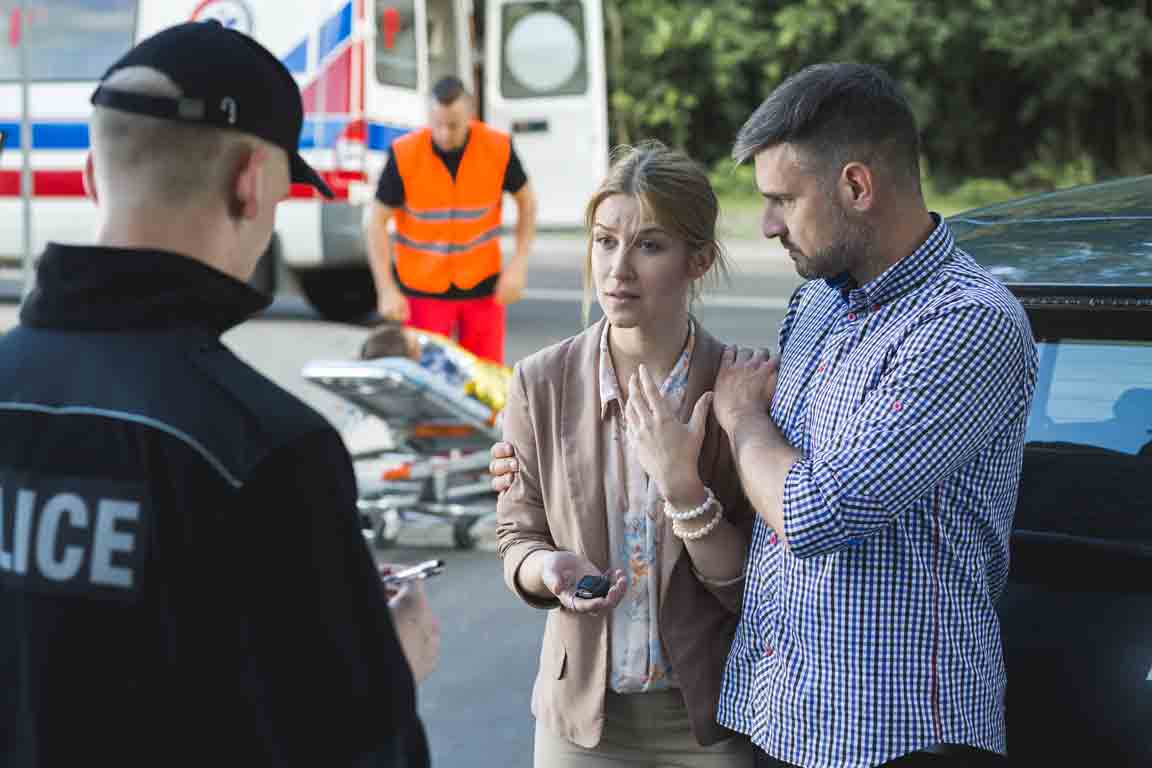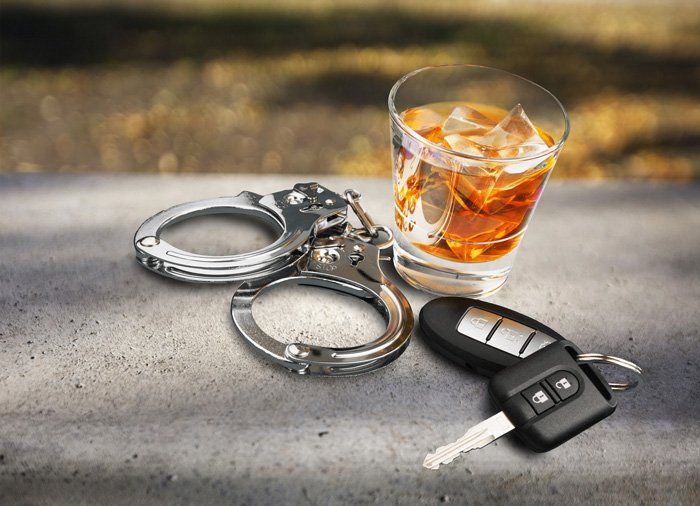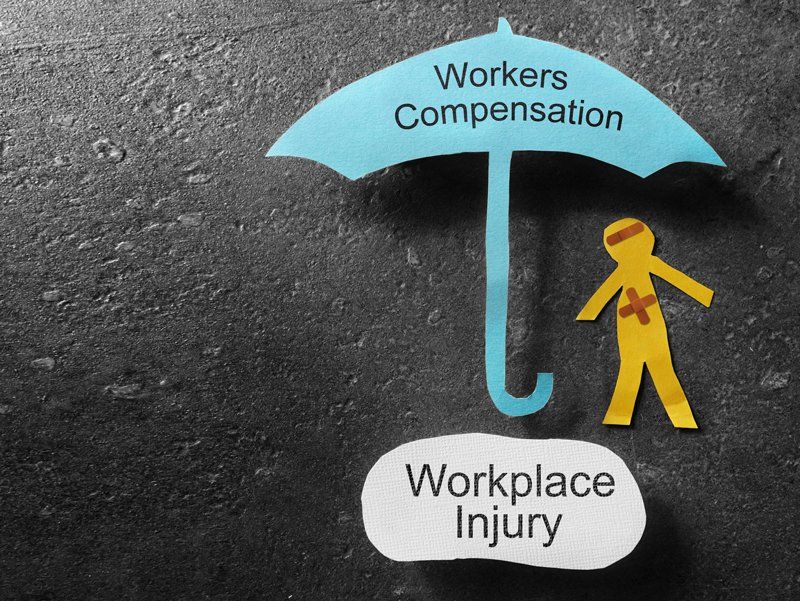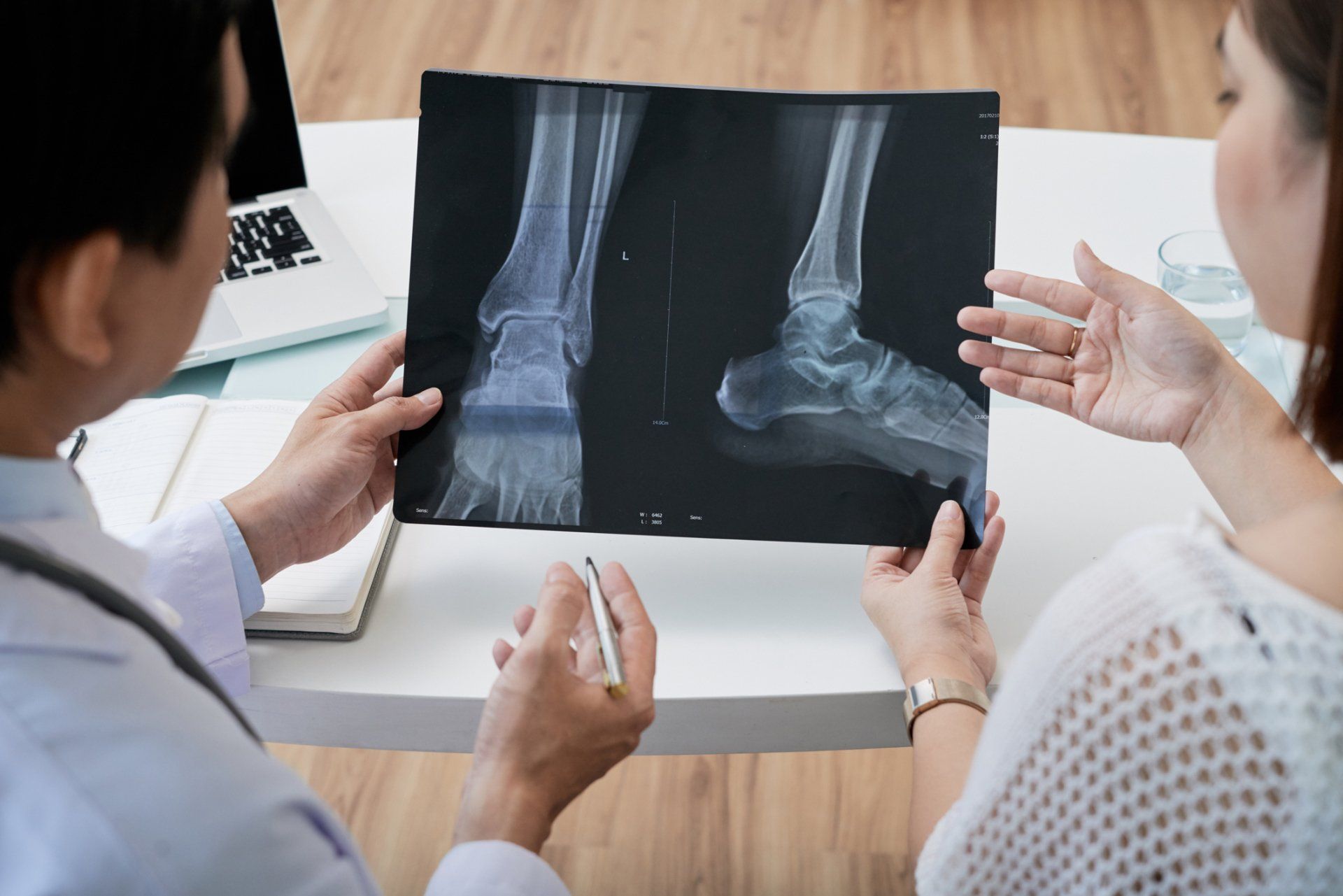Potential Defenses to an Auto Accident Case
- By Admin
- •
- 22 Apr, 2019
- •

You don't expect an automatic compensation when you file an auto accident case. The defendant, usually through their insurance carrier, will come up with defenses to deny or reduce your compensation. Here are some of the defenses that defendants like to use.
Act of God
The act of God defense (or force of nature) alleges that the accident occurred due to something out of human beings' control. An act of God defense might succeed if the act was both unavoidable and unforeseeable. For example, if a tornado hurls another car against your car, the other driver may claim an act of God defense to deny liability for your damages.
Sudden Medical Emergency
Medical emergencies can cause car accidents. For example, a sudden attack of epilepsy can cause a driver to lose control of their car and hit other road users. If that happens, the epileptic driver would still be liable for the damages if they knew about their epilepsy.
However, a driver who experiences a sudden medical emergency behind the wheel may escape liability for the accident they might cause. For example, if a motorist experiences a heart attack and hits the car in front, the motorist may escape liability for the crash. The main consideration here is that the driver didn't know they were or might be sick, and the attack was sudden.
Comparative Negligence
In South Carolina, you are entitled to medical damages even if you contributed to your injuries as long as your contribution doesn't exceed 50%. However, you lose your right to compensation if you are more than 50% liable for the accident. The court will evaluate the factors that led to the accident and decide how many of those factors were due to your actions.
Consider an example where you crossed the road at an illegal place and got hit by a speeding driver. The court might determine that you were more than 50% responsible for the crash because the car would still have hit you at a lower speed. You would then lose your right to compensation for the crash.
Failure to Mitigate
The law expects every accident victim to prevent further losses, other than the initial one, after an accident. For example, the law expects you to seek medical care so that your injuries don't worsen. You also need to tow your car to a safe place so that the car doesn't suffer weather damage.
If you fail to take such mitigation measures, the court will reduce your compensation. Thus, failure to mitigate doesn't absolve the defendant of liability, but it reduces your compensation. The goal is to ensure that you only get compensation for the original damages the defendant caused and not the damages you could have prevented but didn't.
Pre-Existing Injuries
In an auto accident case, the plaintiff only has a right to compensation for the injuries that occurred due to the accident. You don't deserve compensation for the injuries you had before the accident. Thus, if you had a broken leg but then fractured your arm in a car crash, the liable party only compensates you for the fractured arm.
Statute of Limitations
Lastly, the defendant may also raise the statute of limitations defense if you take too long to file your case. The statute of limitations is the period an accident victim has to file a claim. You lose your right to compensation if you let the period expire. The statute of limitations for auto accidents is three years in South Carolina.
The Law Offices of Robert Dodson, P.A., can help you get the compensation you deserve after a car accident. If you are the victim of an auto accident, contact us for a free initial compensation so that we can chart the best way to proceed with your case.






